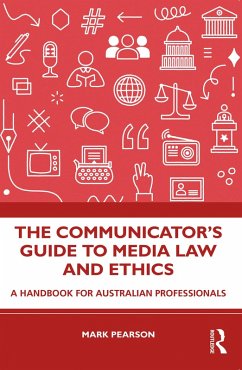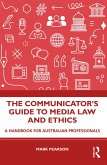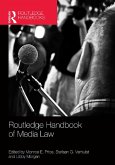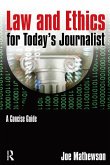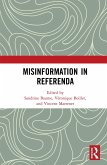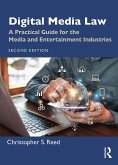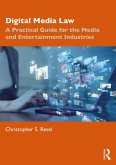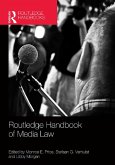Readers are equipped with a skill set for reflecting on the law and ethics of professional media dilemmas - including mindful reflection, the Potter Box, journaling, concept mapping, and discussion. Such approaches are then applied to key topic areas, including free expression; reputation; confidentiality; privacy; justice; intellectual property; national security; discrimination and harassment; and conflicted interests. Each is examined in terms of its philosophical underpinnings, relationship to human rights, professional ethical context, international examples, legal principles, key Australian laws, legal cases, and strategies for applying reflective practice techniques. It concludes on a confident note - imploring communicators to engage in constructive and mindful strategic communication with the authority and confidence that results from a working knowledge of media law and ethics.
This handbook is for professional communicators and students in all fields, but particularly in journalism, public relations, corporate communication, media relations, and marketing.
Dieser Download kann aus rechtlichen Gründen nur mit Rechnungsadresse in A, B, BG, CY, CZ, D, DK, EW, E, FIN, F, GR, HR, H, IRL, I, LT, L, LR, M, NL, PL, P, R, S, SLO, SK ausgeliefert werden.
-Alexandra Wake, Program Manager Journalism at RMIT University and President, Journalism Education and Research Association of Australia
"For those navigating the increasingly complex landscape of media law and ethics, there is no better guide than Mark Pearson. Essential reading for all Australian communicators, whether you're an educator, student, or established professional."
-Dr Steinar Ellingsen, Senior Lecturer in Journalism, Communication and Media, School of the Arts, English, University of Wollongong, Australia

